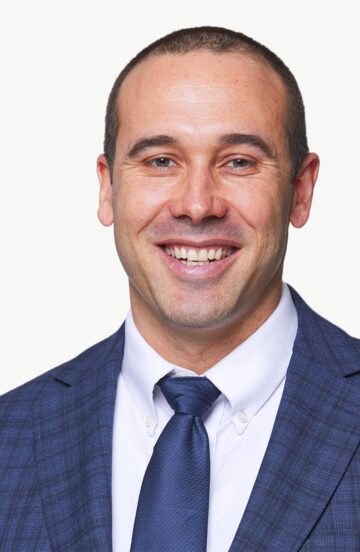Treating Complete Rotator Cuff Tears: Nonsurgical and Surgical Options
A complete rotator cuff tear or rupture of the shoulder is a condition where the tendons that make up the rotator cuff in the shoulder become completely torn or detached from their attachment points. This can result in significant pain, weakness, and limited range of motion in the affected shoulder.
Common causes of this condition include acute trauma, repetitive overhead motions, and degenerative changes in the tendons due to aging. Individuals with complete rotator cuff tears often experience difficulty performing daily activities that involve lifting or reaching, and may have trouble sleeping due to pain.
Treatment options for complete rotator cuff tears can include both nonsurgical and surgical approaches, depending on the severity of the tear and the individual’s overall health and goals. Nonsurgical treatments may include physical therapy, pain management, and activity modification, while surgical options may involve repairing the torn tendons or replacing them with grafts. Early diagnosis and intervention are crucial for achieving the best possible outcomes and restoring optimal function in the shoulder.





